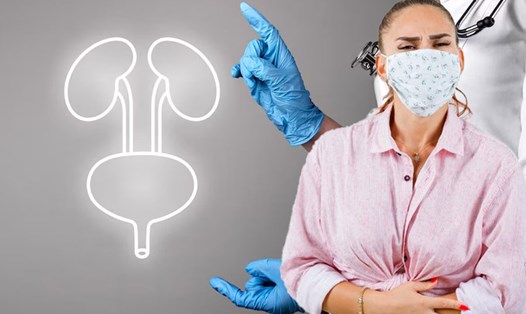According to Dr. Satyam Chakraborty, endocrine consultant at Fortis Hospital, Anandapur (India), controlling blood sugar before and in the tattoo process is extremely important. Stable blood sugar control helps limit the risk of infection and support the healing process.
How important is blood sugar control?
The normal blood sugar level of healthy people ranges from 70 to 100 mg/dl when hungry and less than 180 mg/dl after 2 hours of meals.Without good blood sugar control, health may be affected, slow down the healing process.The level of blood sugar is too high or too low, making it difficult to heal wounds, increasing the risk of infection and complications during recovery.Therefore, you should check and adjust blood sugar before tattooing.
The risk of infection when tattooing in people with diabetes with diabetes is at higher risk of infection than healthy people.
Diabetes affect the immune system and the body's recovery.When blood sugar is not controlled, blood vessels and tissue are damaged, reducing the ability to circulate and resistance to bacteria.
According to Dr. Chakraborty, diabetes involves 6% of hospitalized cases due to infection and 12% of deaths from infections, especially serious infections such as bone, joints, cellular inflammation and inflammation Blood infection.These conditions are because the body cannot effectively cope with bacteria, causing wounds, including tattoos, more susceptible to infection.
For people with diabetes, tattoos can increase the risk of infections due to open wounds during tattooing.The process of healing tattoos takes place slower in diabetics because of weak immunity and circulation.This increases the risk of infection at tattoo, which can lead to serious complications such as blood infections, life -threatening.
So if you have diabetes and intend to tattoo, you need to be especially careful.It is necessary to ensure that blood sugar is well controlled before, during and after tattooing.Choosing a reputable tattoo facility and complying with tattoo care instructions is very important to minimize risks.
Conclude
In short, people with diabetes can still have tattoos, but they need to control blood sugar well and consult a doctor before deciding. Proper care of the tattoo after tattooing is important to avoid the risk of infection and complications.











